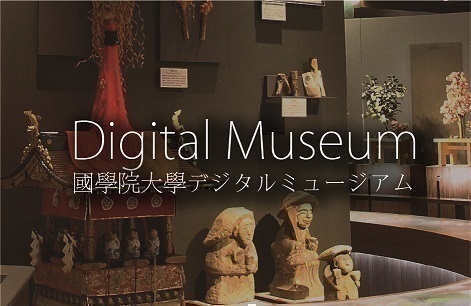- トップ
- Encyclopedia of Shinto
- Kokutai
Encyclopedia of Shinto
| Main Menu: | |
| Links: |
詳細表示 (Complete Article)
| カテゴリー1: | 7. Concepts and Doctrines |
|---|---|
| カテゴリー2: | Basic Terms |
| Title | Kokutai |
| Text | This can be interpreted from a legal perspective as the "form of a nation." However, it generally indicates a country's spiritual and moral aspects such as its national character, national customs, national qualities, national prestige, moral obligations (meibun), foundation, its true nature and its unique characteristics. In Japan it indicates the state of a traditional country centered upon the concept of imperial rule. Confucian and National Learning (kokugaku) scholars used the term in the latter part of the early modern period to express the uniqueness of the national organization based upon the traditions of Japan. Following the Meiji Restoration, it came to hold deep significance as a concept used to sustain the system of a single, unified nation state. It entered into national consciousness through the promulgation of the Imperial Constitution (teikoku kenpō) and the Imperial Rescript on Education (kyōiku chokugo). —Fukui Yoshihiko |




